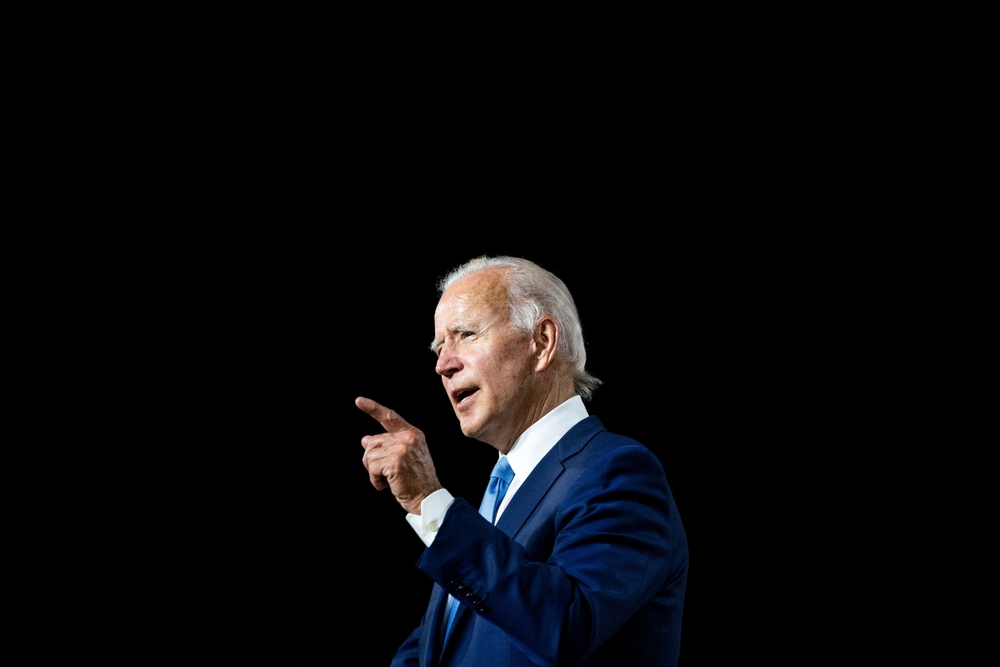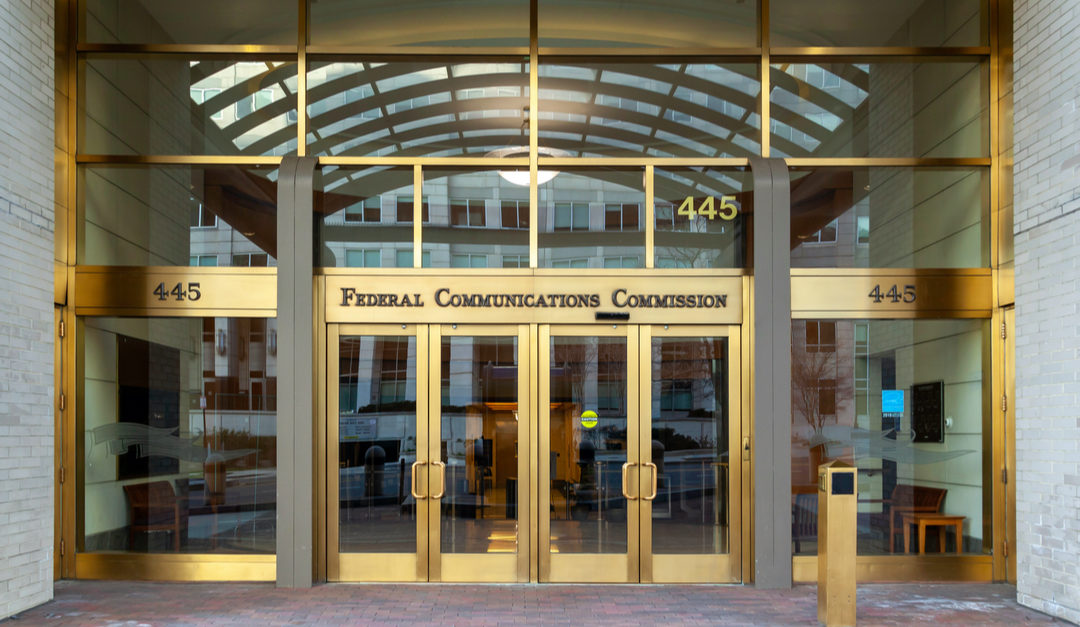Fantasy sports is an industry that’s growing like almost no other. It’s estimated to be a $28 billion market in 2023 and set to grow to more than $50 billion by 2028. Nearly 20% of Americans age 18+ participate in fantasy sports. 20%!
As with all growing industries, innovation is vital to its continued success. But with innovation and growth comes the ever-present threat of government intervention and regulation.
Innovation is the lifeblood of the U.S. economy. A thriving economy depends on a healthy and pervasive innovation ecology across all industries. So, when government directly or indirectly gets in the way, everyone should be concerned.
Computing and sports gaming have a long history of innovation, with computers being used beginning in the early 1960s. More recently, fantasy sports have become increasingly mobile as the computing power that used to take up an entire room can now fit in the palm of our hand. The entire industry has evolved to become one oriented around ease of use, intuition, and convenience.
Sports gambling has grown enormously over the last few decades as, again, technology and innovation have made it more accessible and easier to bet on your favorite team or a risky coin toss. These games of chance depend predominantly on randomness and luck. The gamblers have little to do with the outcome. That uncertainty is the thrill and the appeal. In its simplest form, think of betting lunch with a colleague on the outcome of Monday Night Football.
Something that at first blush may seem similar but is inherently different is fantasy sports. Fantasy sports require skill, insight, assessment, research ability, knowledge, and strategy on the player’s part. The skill of the player directly affects the outcome. Spotting factors that others do not is the thrill of this game, not randomness or luck. The industry’s growth has led to an explosion of new players in this space who want to get in on the action, continue to innovate, and continue to build out new companies and new ideas.
But as is often the case, growth and innovation draw the attention of competitors and government regulators alike. Concerned about the growth of fantasy sports eroding their position in sports betting, some larger, established players are looking to partner with the government to shut out the competition. They want to rig the game by “rent-seeking.” Make no mistake: Innovation and, most importantly, the consumer will suffer.
In economics, “rent-seeking” occurs when companies leverage government to grab a portion of existing wealth or lock in their current market position rather than expending resources, innovating, or otherwise outcompeting others to create their own success. This increases government power as government bureaucracies become the vehicle for gobbling up new or protecting existing market share. Meanwhile, innovation and consumers suffer since government intervention results in an inefficient and unfair allocation of resources, hampering the formation of capital to be invested that would generate further economic growth.
The push is on by those who would slam the door behind them and lock in their position in sports betting. They are actively lobbying across the country, leveraging relationships they have built over the years as a regulated industry. The overt goal is to reverse years of laws and regulations to morph fantasy gaming into gambling. This would force gamers and the fantasy sports industry to labor under extra regulations reserved for those who choose to pursue games of chance rather than those of skill.
States are responding by taking steps to evaluate how government agencies can partner with gaming companies to stop fan-favorite fantasy sports. But the real solution here is simple. Government must not enable those established companies who found success first to build a wall around an entire sector of the economy to preclude competition or innovation.
Games of skill have a different appeal than those games of chance — intellectual challenge versus escapism, outsmarting the field versus the anticipation of an unexpected win. They both have their place, and one is not necessarily better than the other. But conflating the two and subjecting both to identical regulatory burdens fails to protect consumers and serves no one except for government bureaucracies and an entrenched industry trying to snuff out competition.
Bartlett D. Cleland is a research fellow with the Institute for Policy Innovation.
This article was originally published by Sports Business Journal.

IEA Signs Coalition Letter Supporting A Pro-Innovation Framework for Artificial Intelligence (AI)
You can read the full letter here

IEI Signs Coalition Letter Opposing NTIA Rate Regulation
Read the full letter here

Taking a Chance: Market Dominators Game the System
For a long time, mass entertainment was various forms of media that the public consumed passively. But the rise of the internet did not just disintermediate the entertainment industries we knew—changing the ways movies, music, and news were packaged and delivered—it...

Only Conservatives Can Save the Affordable Connectivity Program
Our federal deficit is exploding, and America’s financial house is in disarray. The country’s borrowing costs are at their highest level in over 20 years, and the national debt has surpassed $34 trillion for the first in history. In this environment, implementing...

The Cost of Protecting Teens Online
Both state and federal legislators are actively pushing legislation designed to “protect our children online.” Of course, there is already a federal Children’s Online Privacy Act that regulates the online collection of personal information about children under 13...

The Game of Fair Play: More Competition in Sports Gaming Please!
Sports gaming is a big business, with the potential for over $100 billion in annual revenue worldwide. As this massive entertainment industry continues to grow, a battle is underway between top companies over what kinds of gaming products should be allowed. The...

When the Fix Is In, Patients Lose
Last year, many statehouses across the country looked to address a growing consumer issue broadly known as “right to repair.” Now with legislative sessions kicking off in more than 40 states across the country, this policy looks like it will continue to stay at the...

CLELAND: The Biden Admin’s Latest Micromanagement Project? Your Online Subscriptions
The Federal Trade Commission is fast becoming a living case study in ideological overreach. Undaunted by a string of embarrassing court losses and plummeting morale among career staffers, the agency keeps grasping at the most slender reeds of legal theories and...

IEA Public Comments to FCC on Matter of Safeguarding and Securing the Open Internet
Read IEAs comments to the FCC here

IEA Signs Coalition Letter to FCC Opposing Digital Discrimination
Click Here to Read the Digital Discrimination Coalition Letter


Recent Comments